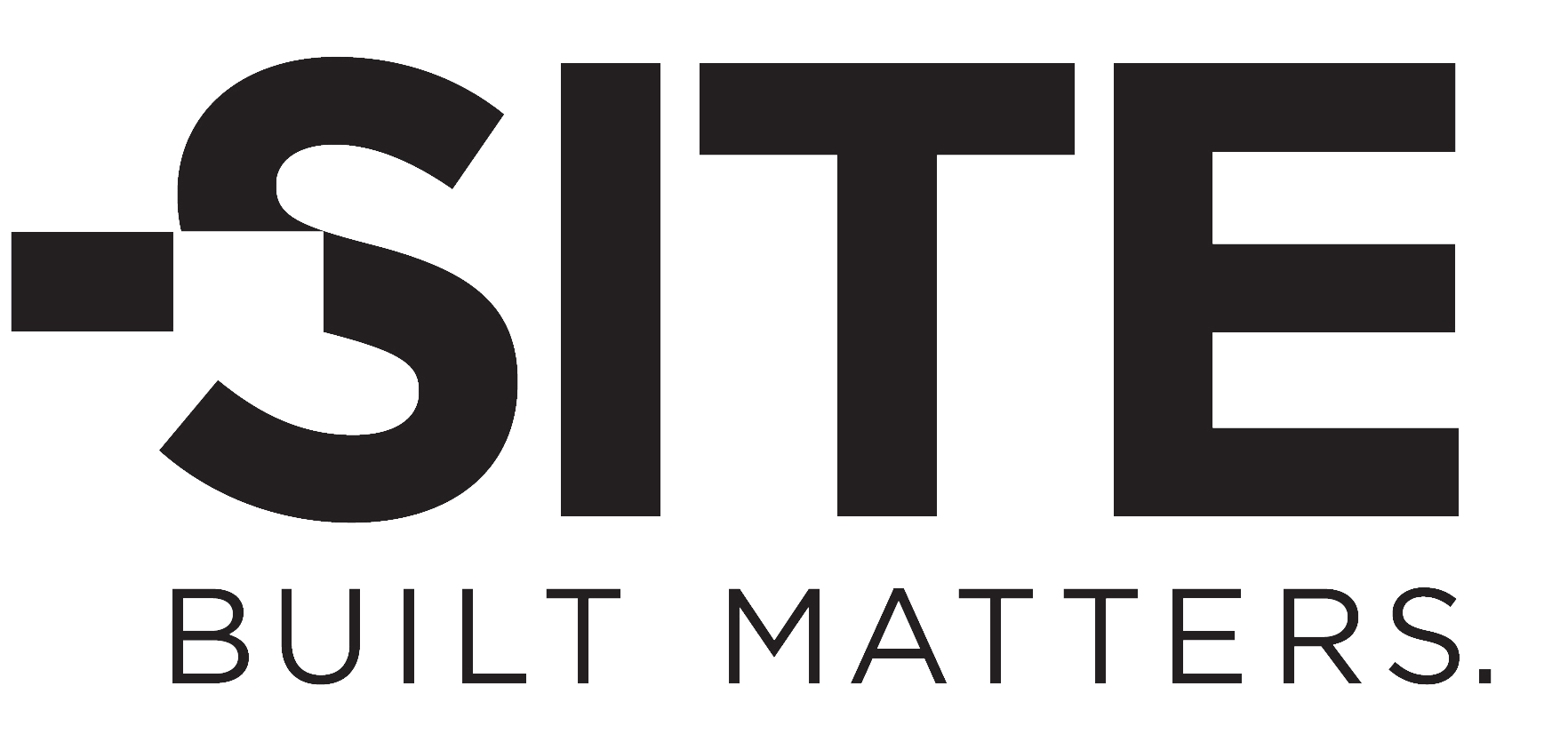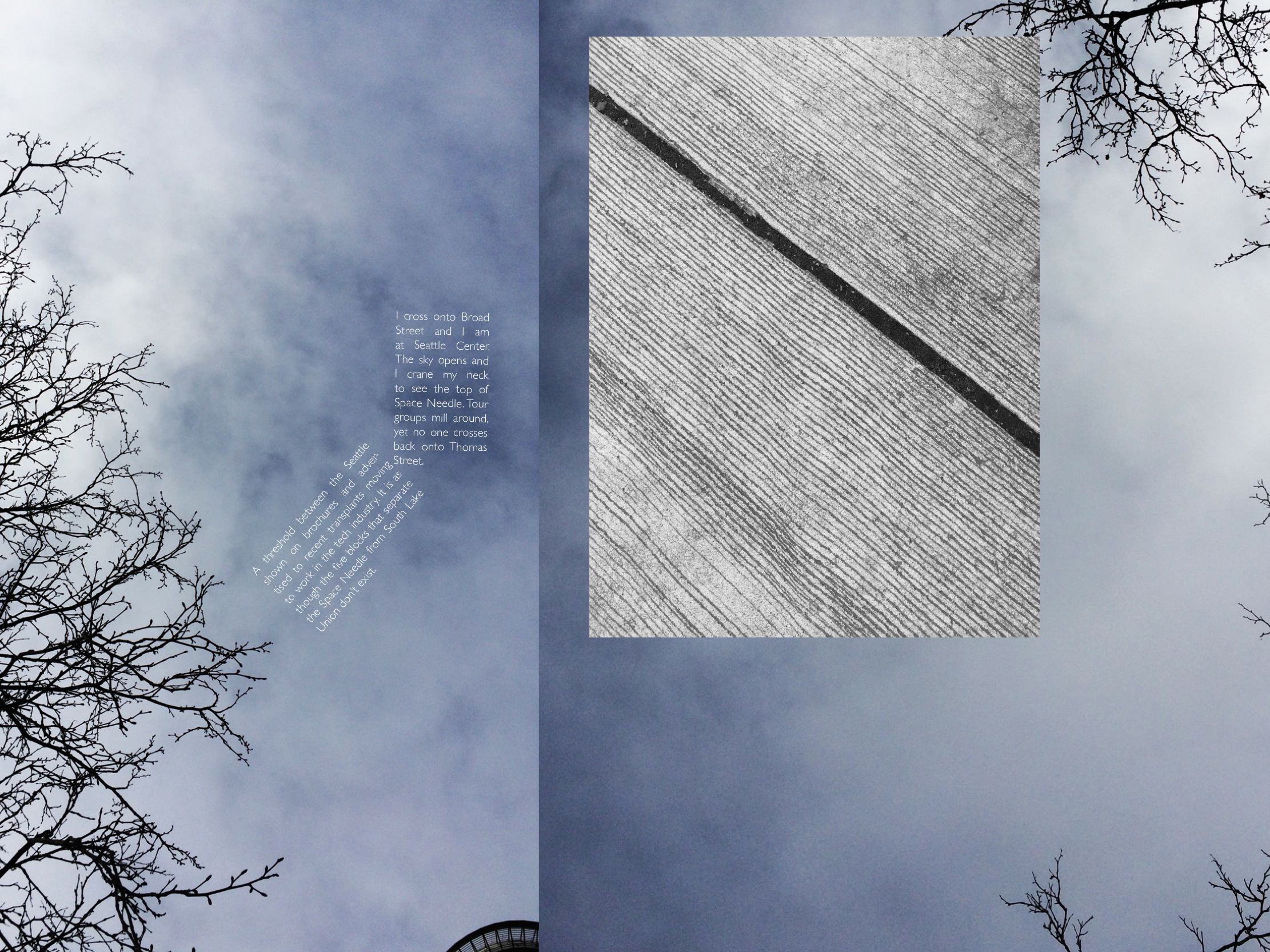Volume 35: Borders

Coming Summer 2016
A border is perhaps the most necessary, ambiguous and political architectural tool. The line that defines an area has the power to create, and an equally great capacity to divide and destroy.
Borders delimit to diminish scale. By drawing a border, objects can become objects, buildings can become buildings, forests can become forests, countries can become countries. But borders are more than the hard edge of a wall or cliff; they can also be soft, invisible, intangible barriers. What does it mean today to delimit a territory? What does it mean to control society, when, as Deleuze says, we are living in a time in which “man is no longer man enclosed, but man in debt”? If access to the Internet is more desirable than access to natural light, what does exclusion or detainment look like? Are borders defined by what divides us or by what connects us and which one of those do we find more important nowadays?
It is hard to avoid talking about danger, fear, protection and shelter in a discussion of borders. Territory has become seemingly irrelevant because power is distributed and controlled through capital, yet we are currently experiencing one of the biggest migration crises in recent history and it is all about territory. Also, capital is manifest in various forms: real estate, oil platforms, gas pipes, telecommunication cables and other infrastructural systems are actually different types of physical borders. Fear also finds expression in physical forms, even though walls can no longer protect us from today's dangers. How does that influence our idea of dwelling if safety is still one of the most important values in defining domesticity? And what does it mean today to protect a territory – be it a household, a country or the planet?
Discussions of borders foreground their prohibitive role, but the absence of limits can be just as oppressive. The inability to define and comprehend turns into a lack of an alternative, an impossibility to escape or to create something new. Limits can be valuable.
Borders are always political, but all of them are constructed– either through geological processes, planetary relationships, political and social contracts, distribution of wealth or built environment. What defines borders is eventually also how do we act upon them, our attitude towards them. Do we accept them? Do we trespass them? Do we create them? Do we comment on them? Or do we destroy them?





